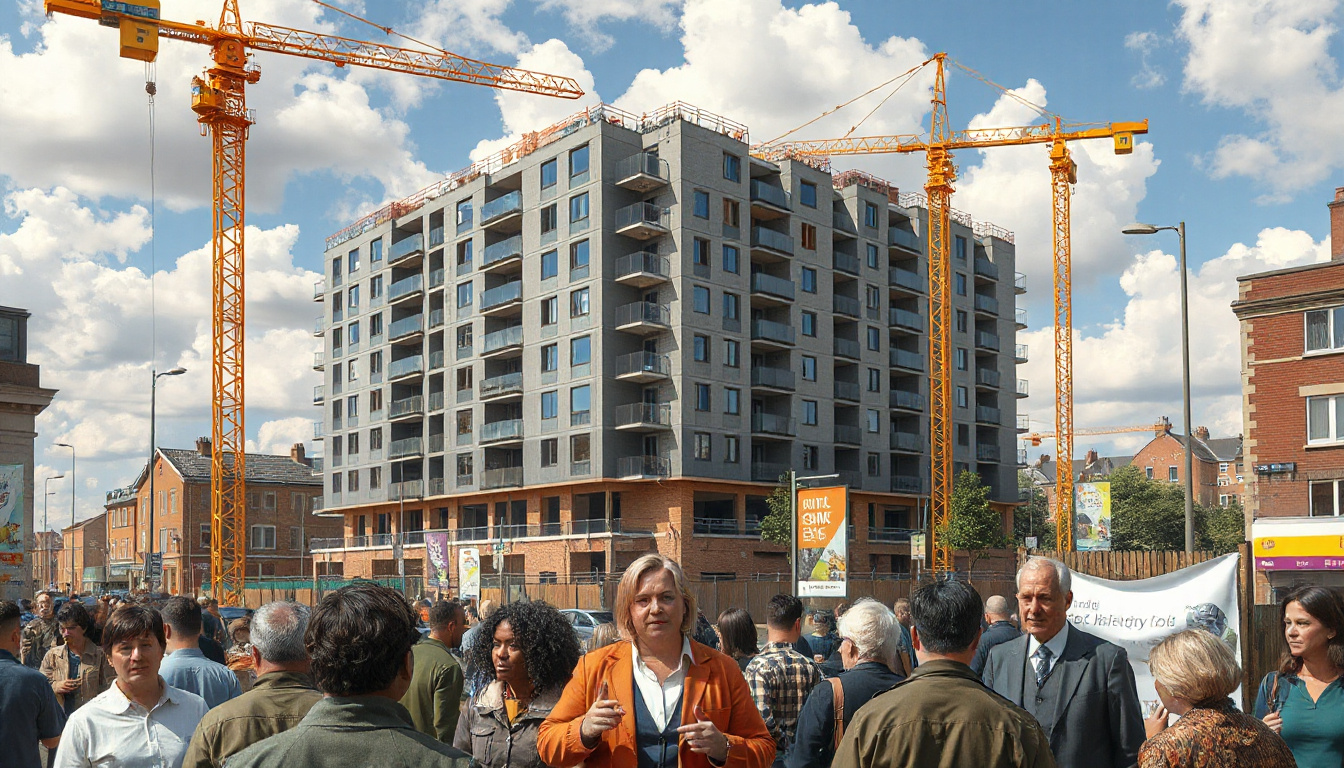Large HMO Development Approved in Hull After Second Submission
Hull’s city council approved a plan—submitted in its second iteration—to convert a former office building into a 32-bedroom house in multiple occupation located on Beverley Road. The council’s decision, notwithstanding vociferous objections raised by local councillors and police regarding potential community ramifications, has been confirmed.
The edifice—previously hosting an engineering consultancy for over four decades—shall be reconfigured into a three-storey domicile where each room, linked seamlessly to en-suite facilities, exists in immediate dependency with adjoining amenities such as a gym and a cinema room. Supporters, aligning their assertions with council parameters, maintained the building’s planned occupation forestalls structural decay and preserves the spatial continuity required by the previous enterprise seeking augmented premises.
Opponents, in turn, articulate apprehensions centered on the aggregation of such HMOs within a single locale, contending that the resultant density exerts deleterious pressure upon resident tranquility. Councillors, attending directly to community assertions, interconnect these concerns with the mounting infrastructural impositions already observable in the area.
The vote, narrowly divided, encapsulated a synthesis of developmental momentum and societal unease, reflecting the local authority’s persistent occupation with managing the proliferating trend of HMOs while seeking to sustain communal stability. This deliberative outcome testifies to the challenges that ensue when ambitions for urban regeneration interlock with the imperatives of residential well-being.
For property investors and those scrutinizing multi-occupancy ventures, this case embodies an advanced exemplar of factors demanding rigorous compliance with statutory edicts, a scrupulous reading of communal sentiment, and the cascade of implications for local services. It remains imperative that strategic planning and systematic engagement persist as indispensable prerequisites in the proposal of large-scale HMO modifications.
In summary, the planning consent process—characterized by a labyrinth of stakeholder assertions and layered regulatory demands—demonstrates the ongoing demand for multi-residency configurations, while also exposing the multifaceted challenges inherent in securing authoritative approval in a context defined by divergent and densely interwoven perspectives.



